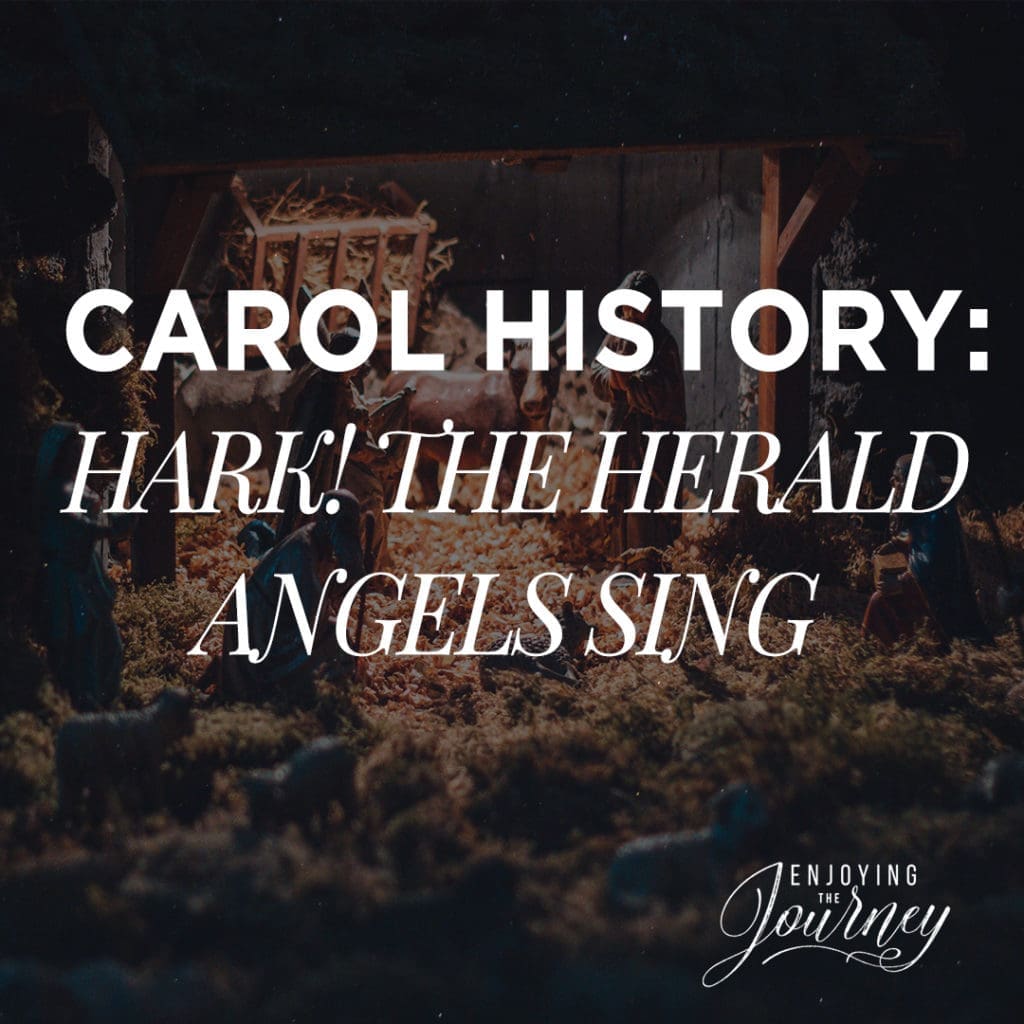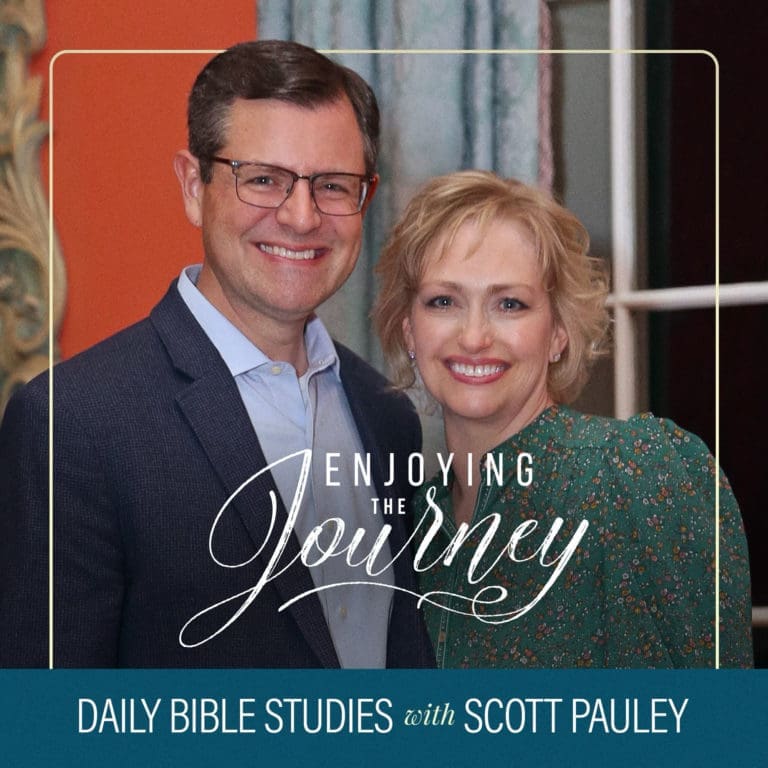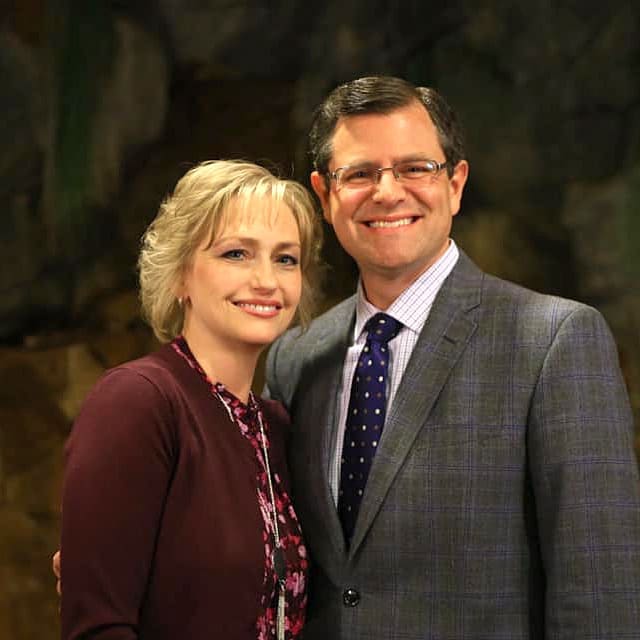
We have been thrilled to share a series of brief accounts of how some of the great hymns of our faith were written. Each synopsis has been compiled through the research of Jerry Vargo and is shared by permission. It is our hope that these stories will be a help and encouragement to your Christian walk. This week we read the full and powerful story behind the stirring Christmas hymn, “Hark! The Herald Angels Sing.”
“Hark! The Herald Angels Sing” tells the story of an event recorded in the Bible after Jesus Christ was born. On the first Christmas, an angel appeared in the sky to announce Christ’s birth, and shortly thereafter was joined by a multitude of other angels singing praises to the Lord! In Scripture, we read:
“And suddenly there was with the angel a multitude of the heavenly host praising God, and saying, Glory to God in the highest, and on earth peace, good will toward men” (Luke 2:13-14).
Prolific hymn-writer Charles Wesley (brother of John who began the Methodist Church) wrote the original words to ‘Hark! The Herald Angels Sing’ in 1739. The writing marked the one-year anniversary of his conversion. The carol was published that year in a book called Hymns and Sacred Poems. The first two lines were: “Hark, how all the welkin rings/Glory to the king of kings.” Then, in 1753, Wesley’s friend and co-worker George Whitfield changed those lines to the ones we know today: “Hark! The herald angels sing/glory to the newborn king.”
The song was originally sung to a tune written by a Jewish composer. In 1840, Felix Mendelssohn composed a cantata called ‘Festgesang’ (Festival Song) to commemorate the 400th anniversary of Johannes Gutenberg’s invention of the printing press. After writing the music, he stated that he thought the tune would be better used with other words, but that sacred words would never work. “If someone would come up with the right words, I think that this music will live on for a long time.”
Fifteen years after Felix Mendelssohn wrote the song, a German composer named William Hayman Cummings combined the lyrics that Charles Wesley had written for ‘Hark! The Herald Angels Sing’ with Mendelssohn’s tune. The result is the wonderful song that we are familiar with today.
Here’s the timeline:
- Charles Wesley, an Englishman, writes the words one year after he is saved (1739).
- 101 years later Felix Mendelssohn, a Jewish man, writes the music for the anniversary of the printing press.
- 15 years after the music was written, William Cummings, a German composer, matches Wesley’s words and Mendelssohn’s tune.
Hark! The Herald Angels Sing
1. Hark! the herald angels sing,
“Glory to the newborn King:
peace on earth, and mercy mild,
God and sinners reconciled!”
Joyful, all ye nations, rise,
join the triumph of the skies;
with th’angelic hosts proclaim,
“Christ is born in Bethlehem!” (Refrain)
(Refrain)
Hark! the herald angels sing,
“Glory to the newborn King”
2. Christ, by highest heaven adored,
Christ, the everlasting Lord,
late in time behold him come,
offspring of the Virgin’s womb:
veiled in flesh the Godhead see;
hail th’incarnate Deity,
pleased with us in flesh to dwell,
Jesus, our Immanuel. (Refrain)
3. Hail the heaven-born Prince of Peace!
Hail the Sun of Righteousness!
Light and life to all he brings,
risen with healing in his wings.
Mild he lays his glory by,
born that we no more may die,
born to raise us from the earth,
born to give us second birth. (Refrain)






